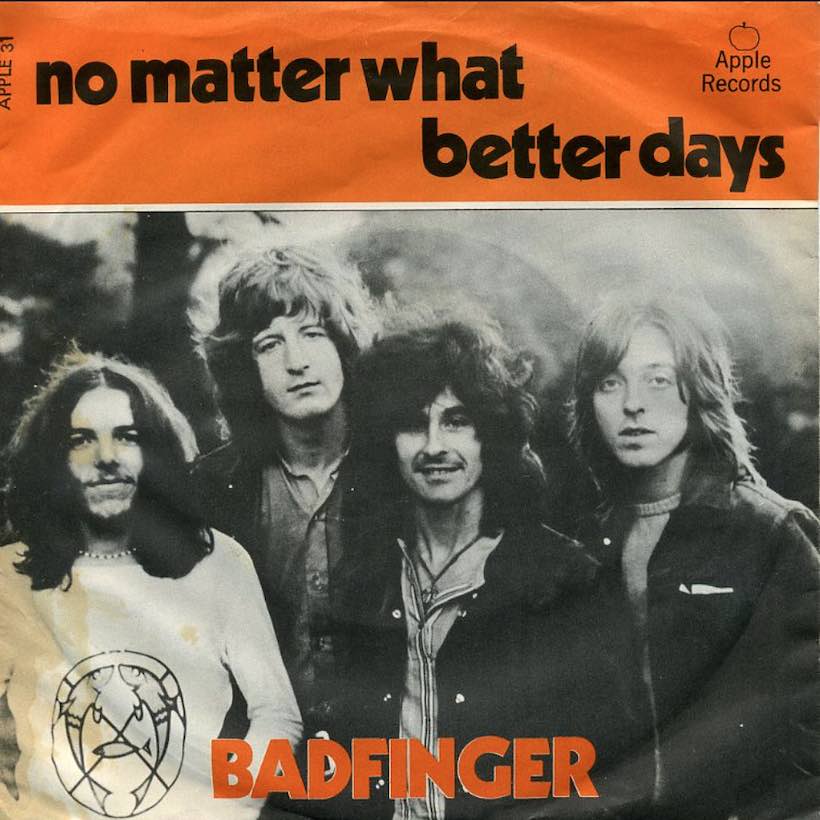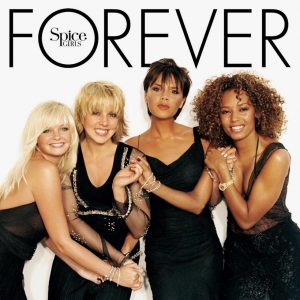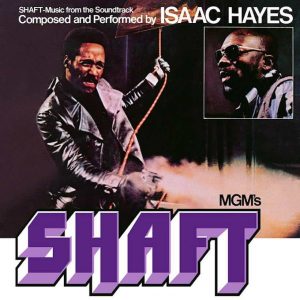Badfinger were the band who, above most others, had a direct line to The Beatles, in the months immediately before and after the split of the world’s most famous group. There’s no denying the huge boost the quartet received from the sponsorship of the megastars, both in terms of their record deal with Apple and in studio support. But on November 6, 1970, when they released the single “No Matter What,” Badfinger proved they could stand on their own two feet.
After changing their name from the Iveys, the group soared to fame with Paul McCartney’s composition and production “Come And Get It,” written for the soundtrack of The Magic Christian, starring Peter Sellers and Ringo Starr. That score included two other Badfinger songs, which were included on their own Magic Christian Music album, their first under the new name, released in January 1970.
As well as McCartney’s contributions, it contained tracks produced by Tony Visconti and others by Mal Evans, who had risen from his role as The Beatles’ roadie and personal assistant to becoming a producer in his own right.
Before the end of the year, the band were ready to return with No Dice, recorded at Abbey Road and Trident. It established their relative independence from The Beatles themselves, and featured songs written by all four members, even if the connections remained strong in the production presence of Evans and esteemed Beatles engineer Geoff Emerick. Rock writers played that up to the hilt, often describing Badfinger as the natural sonic continuation of The Beatles’ sound.
Influenced by The Beatles, ‘like ten million other groups’
“Everyone who interviews us wants to talk about The Beatles,” the group’s Pete Ham told Melody Maker early in 1971. “Sure, we were influenced by The Beatles, like ten million other groups. There are a million groups copying Led Zeppelin at the moment but nobody bothers to criticize them for it. We like melodies and songs and we get called a second Beatles.”
“No Matter What,” written by Ham and produced by Evans, came out in the same week as the album, with a confident, catchy sound that took it into the UK chart at No.35 in the new year of 1971. After an uncertain week in which it rose only one place, the Apple release continued its progress, peaking at No.5 in early February. On the Billboard Hot 100, it landed at No.8. Now, no one could say that Badfinger were merely riding on The Beatles’ coattails.
Listen to the best of Badfinger on Apple Music and Spotify.
That said, when they followed up with “Day After Day” in late 1971, it had the benefit, this time, of George Harrison’s production, and his slide guitar work which gave the song such a distinctive extra ingredient. Harrison also started to oversee its parent album Straight Up, but when he became immersed in what became the concert for Bangla Desh, Apple hired Todd Rundgren to finish the record.
In the Melody Maker interview of 1971, guitarist Joey Molland was happy to acknowledge that having such famous supporters had hardly been a hindrance. “The Beatles have done us a lot of good,” he admitted. “To have been associated with them has done us a lot of good because they are great people.”
Buy or stream “No Matter What” on No Dice.




